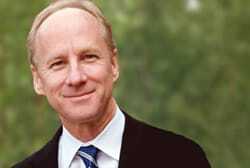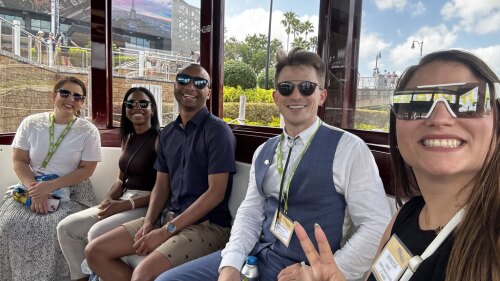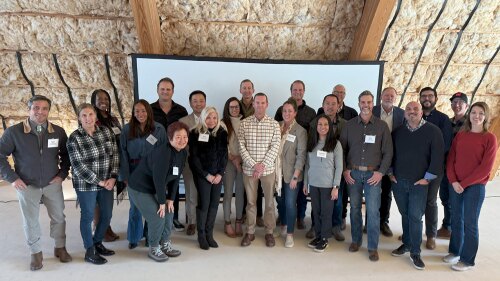ULI has long supported and promoted sustainable development that conserves energy, land, and other natural resources. Our leadership in sustainability has never been driven by government regulations or policies. It has always been a market-driven, value-creating response to the changing environment, and nothing will change that. The forces that have shaped the institutionalization of sustainability and its wide adoption are not going away. In fact, they are going to become stronger and more prevalent in the years ahead.
Our 40,000-plus members will continue to create resource-efficient and resilient projects and communities because building this way makes good business sense and is consistent with the Institute’s mission. It is what the market wants—younger and older generations place a high priority on green and sustainable development, in both living and working environments. It’s also what cities want and need, as they seek to become more resilient, competitive, and livable. This combined demand is compelling ULI to stay at the forefront of this movement, demonstrating the positive economic, environmental, and social impacts of sustainable community building.
Through our Center for Sustainability and Economic Performance, ULI has several programs in place to advance our work. Each of these programs, which focus on building performance, urban resilience, and the connection between the built environment and human health, is helping ULI lead the future of sustainable development—and sustainable development is the future of our industry. Cities are moving ahead, as are the ULI members who are investing, designing, and developing in our cities. There is much to be learned from the success of places such as Sydney, Chicago, Singapore, San Francisco, Tokyo, Vancouver, Amsterdam, New York City, London, Los Angeles, Oslo, Pittsburgh, and Seattle—just a few of the many cities around the globe that have embraced sustainability because doing so gives them a competitive edge. Sustainability has staying power because it is about doing well by doing good. Clearly, the Institute’s work in this area has never been more necessary or more relevant.






